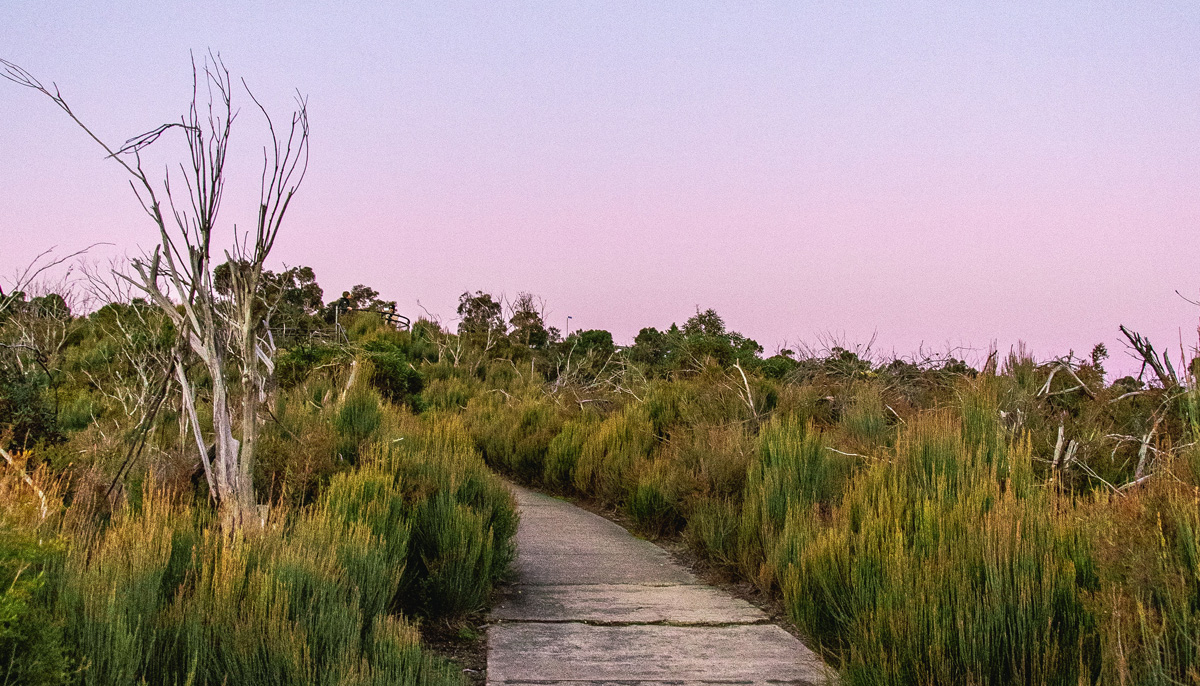My hand meets the hair on my face. I stroke my fingers back and forth, hearing the sound of my beard as I rub my chin left to right and back again. There’s a presence there that wasn’t there before — a strength and softness. I’ve been on testosterone for two years now, and this strength and softness lives within me. Two years on testosterone, I am no longer scared. I am finally seeing clearly into the nature of my heart, my suffering, my yearnings, and my life as a transgender man.
I bared witness to my pain, bowed to it, and allowed myself to build a more hopeful future.
In the “Introduction to Buddhism” university course I’m assisting in this quarter, we tell students the story of the Buddha. We explain how the Buddha was born a prince. Witnessing the suffering around him caused by avoidance of old age, sickness, and death, the Buddha knew he needed to become a renunciate — to live a spiritual life guided by the pursuit of spiritual liberation, not attachments to worldly desires. To achieve nirvana and be free from samsara, he knew that he needed to leave home. He knew this was the way to liberation.
It feels all serendipitous to prepare my lectures on the Buddha’s life amidst my two-year anniversary on testosterone. As a scholar, I engage Buddhist thought often, but as a practitioner, I haven’t felt Buddhism’s positive presence in my life for the past several years. When I witnessed the depth of sexual violence within the community I was once a part of, I couldn’t trust my relationship to Buddhism. How could I know when a person or teaching would fail me? How could I trust that a teacher or community wouldn’t cause harm? As a survivor of sexual assault and as a transgender practitioner who made their way through many Buddhist communities before finding a home, the institutional failure I experienced severed a foundational trust within my body. While still grappling with these events, returning to the Buddha’s story helps ground me now.
The Buddha and I have not lived the same life, but we both know what it means to leave a life. We both know things are lost and gained when we choose a different path. Like the disappointment felt by his father Suddhodana and the pain felt by Yasodharā and Rahula when the Buddha left his palace, I know that my change — leaving a certain body in search of another — has sometimes left those that I love feeling disappointment, anger, and sadness. Yet I’ve pursued my path, spiritual and embodied, with care and intention. There can be grief in leaving a life. But there can be beautiful strength in it too.
Two years ago, on the day that I started testosterone, I was full of fear. I arrived at my doctor’s office depressed, afraid that I would lose my parents’ love if I started gender-affirming hormone therapy. “Shouldn’t I feel joy? Shouldn’t I feel happier on the day that I start testosterone?” I asked my doctor. My head was filled with the transition images that I see on social media, where trans men post joyous photos of their first day on testosterone, or their first selfie after top surgery. I felt that I should feel happier — that there might be something wrong with me. My doctor responded, “There is no right journey. There is no right feeling. Your journey with gender has not been simple, so your feelings today won’t be simple either.” Though my doctor is not a Buddhist, her words were a teaching that helped me rest, and open to what I was feeling. I realized that my desires sometimes intersect with my pain, which means I need to cradle both more gently. After that conversation, I went downstairs to the pharmacy to learn how to take my first shot. My fear was replaced with peace. I carry that peace in me today.
It’s hard to describe just how testosterone has changed me. When the Buddha became a monastic, it took him time to find his way. As he searched for his path, he studied with different religious teachers and came to know their teachings. Though he found some things helpful, he was often unsatisfied with their philosophies, such as when he became an ascetic and realized that the punishment of the body was not the path to liberation. The Buddha had to enter community and then leave it again. He had to do this until he achieved enlightenment under the bodhi tree, where after a time of meditation, he worked to build a sangha that could help others achieve nirvana as well. The path was not easy, but he knew and trusted when he needed to leave to find what he was looking for.
My path, too has not always been easy. As my body changed, there were times when I loved it, and times when I felt deeply dysphoric. As my arms got stronger, my hips remained wide. As my voice got deeper, the tiny hairs on my face would make me feel ashamed, sad, and angry. Acquiring testosterone highlighted the betrayal of the medical systems that I relied on — difficulties with insurance, doctors, and pharmacies. I constantly had to jump through hoops — burdens I know too many trans people navigate and suffer through as we strive to receive medical care with dignity.
The Buddha knew what he needed to do and did it. Inspired by his teachings, I did the same. I knew I was unhappy and deserved more. I bared witness to my pain, bowed to it, and allowed myself to build a more hopeful future.
On my path of transition, I have learned that there are some conditions of suffering that I can change, and some that I can’t. I can’t control how testosterone will transform my body, or change the longings that still live within me. I suppose this is what it means to have a body—to be met with the challenge of it, the possibility of it, the fear and thrill of it.
Whether we can change our conditions or not, my path of transition has taught me that there is always a body in need of softness. There is always a body whose suffering needs arms to collapse in. There is always a heart in need of understanding.
Two years on testosterone, I know that testosterone has saved my life. I know I carry no regrets in my heart. I know I’m ready to leave home, again and again, to face whatever comes toward me with a fearless heart.

